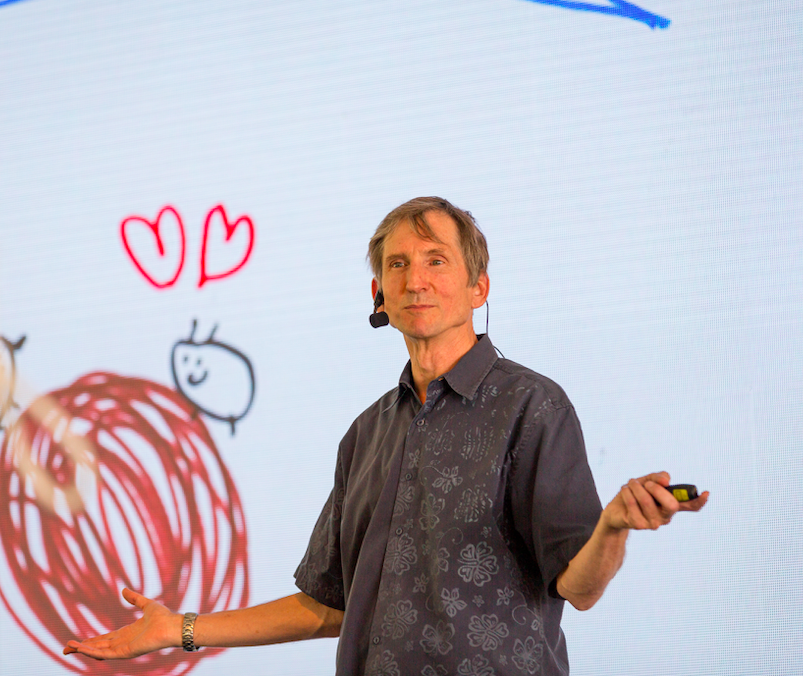for the
Beat Your Genes Podcast & More
Episode 102: Relationships, Time in Womb, Free Will, Evo Psych of Bad Teeth
an auto-generated transcript
To get a shareable link to a certain place in the audio,
hover your mouse over the relevent text,
right click, and "copy link address"
(mobile: long press & copy link address)
Back to the top
🏃 👖
